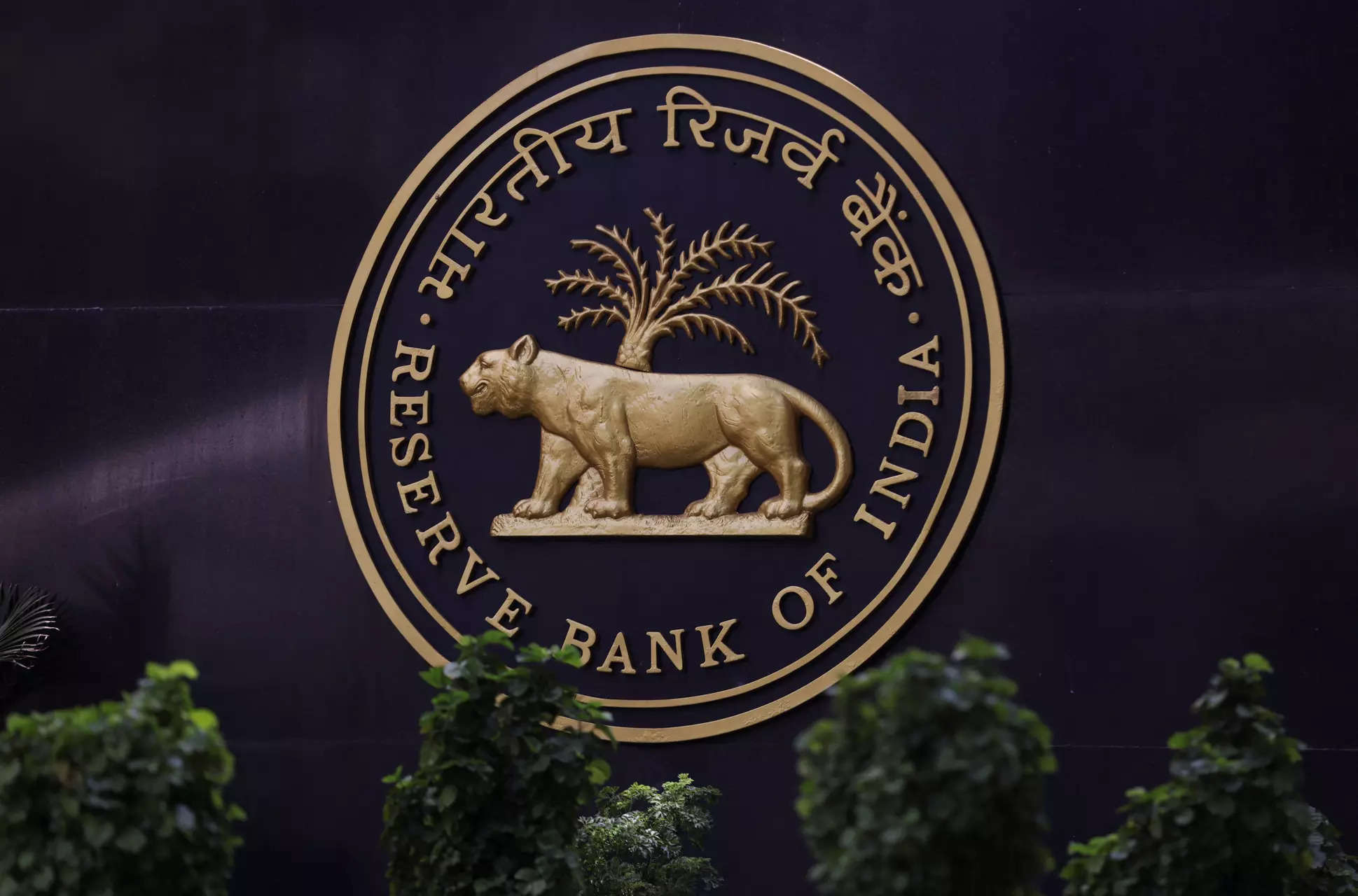
The RBI also directed banks not to share with subsidiaries any online access to customers’ accounts maintained with the bank. The bank may share customer information with its subsidiary subject to maintaining an arm’s length relationship, it said.In its revised draft master circular on financial services on Friday, the RBI said that banks cannot invest in category III Alternative Investment Fund (AIF) and set a 10% cap on investments in unit capital of real estate investment trust and infrastructure investment trust. Category III AIF involves debt investments in highly leveraged companies that offer high rates of returns.
The regulator also said that banks must have prior approval to undertake any new activity through a group entity.
“The subsidiary shall not set up another subsidiary or promote a new company which is not a subsidiary thereof, or undertake any new business without prior approval of RBI,” it said.
If a bank wants to provide unsecured loans to its subsidiaries, it must take RBI approval. Further, bank and subsidiary transactions shall be at arm’s length.
The regulator has also said that a bank subsidiary should not make any portfolio investment in another existing company with the intent to acquire controlling interest without the RBI’s approval.
The RBI restricted banks from offering broking services for the commodity derivatives segment. However, banks can undertake this activity through a separate subsidiary set up for this purpose or through one of its existing subsidiaries, provided the subsidiary does not undertake proprietary positions in the commodities derivatives segments.










